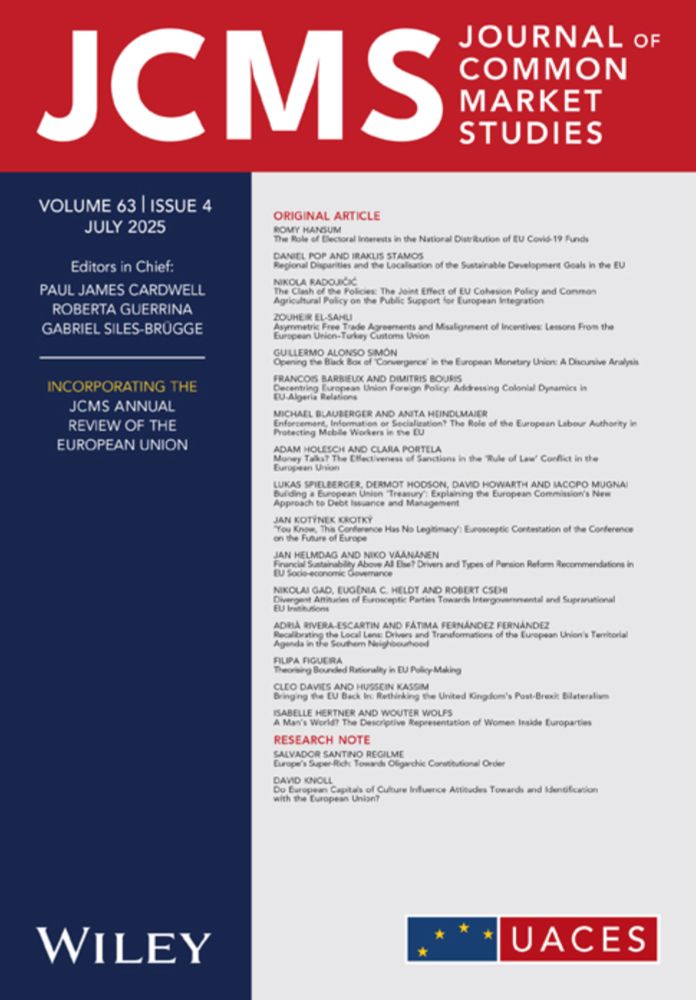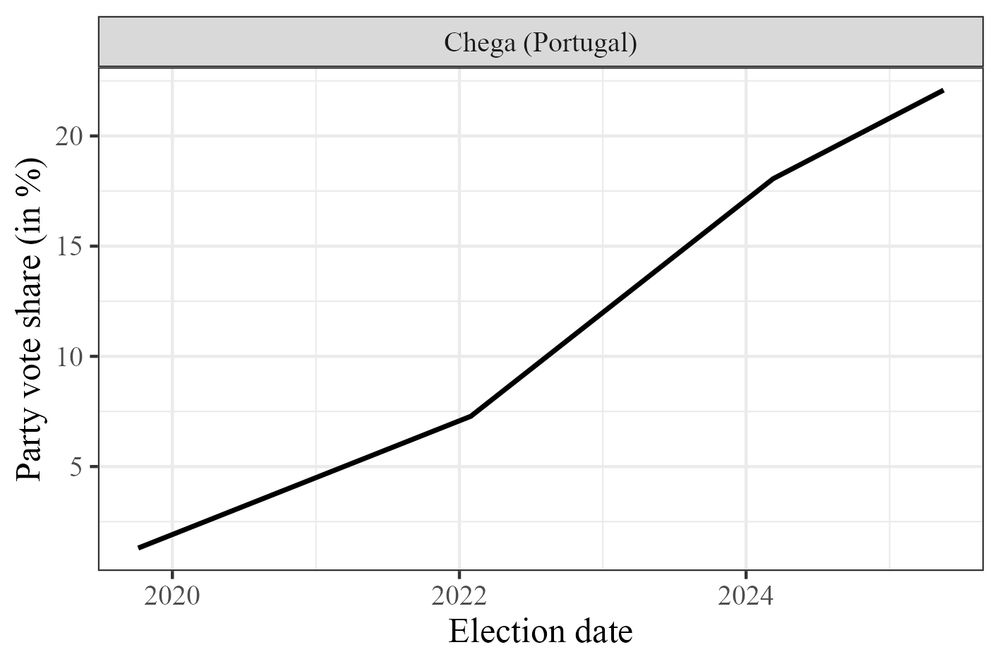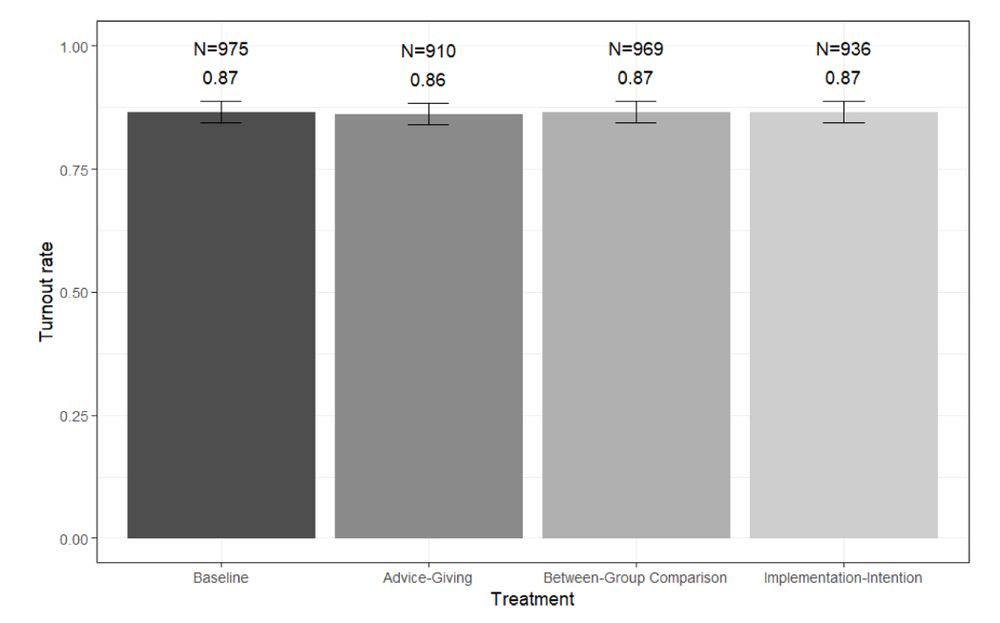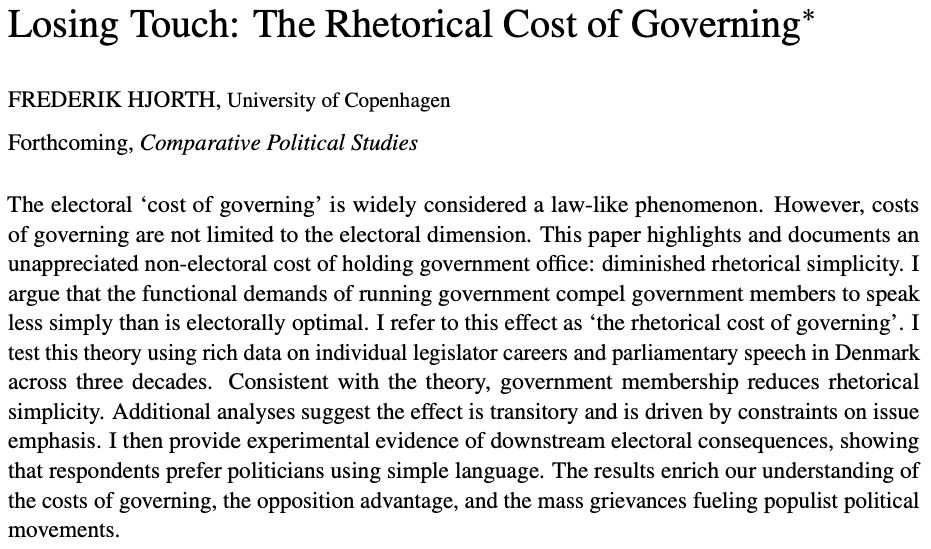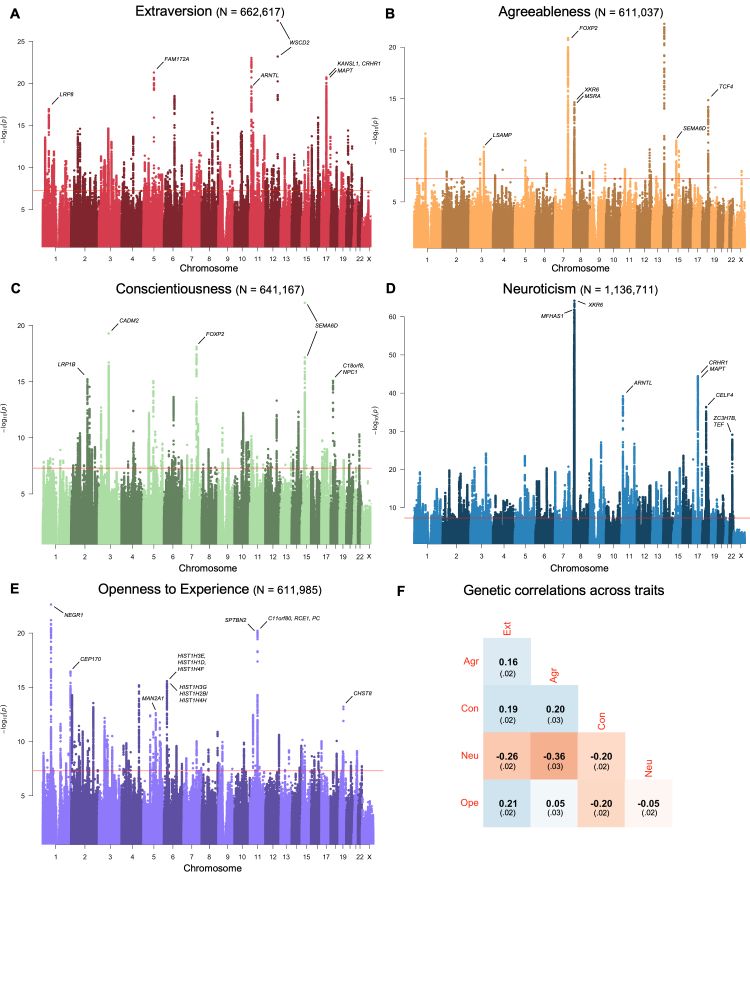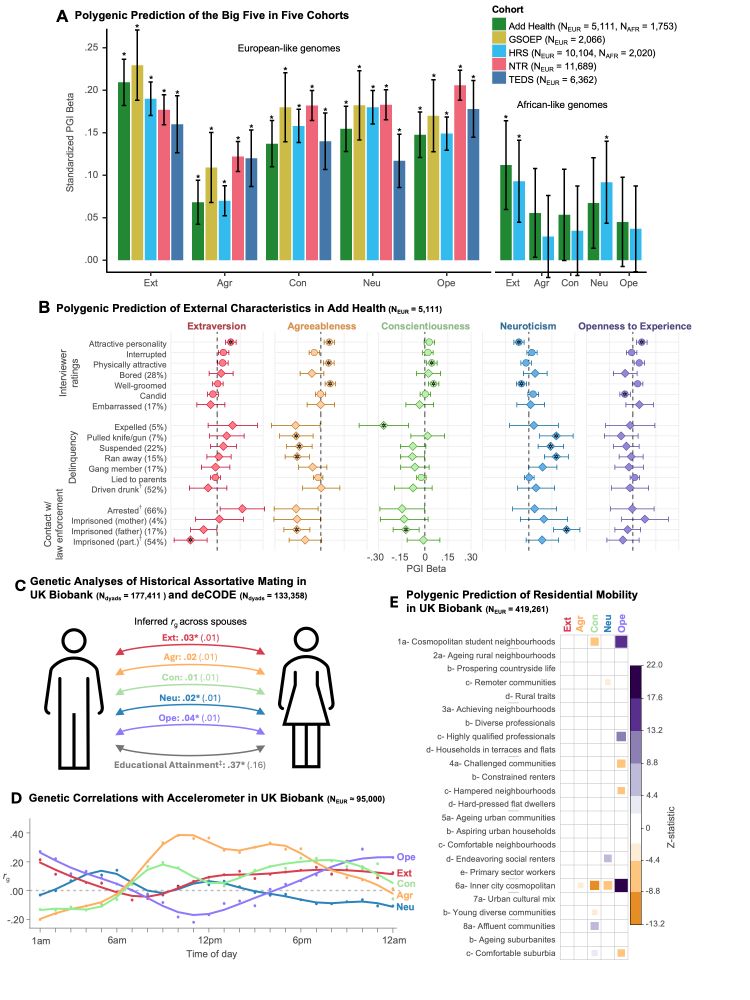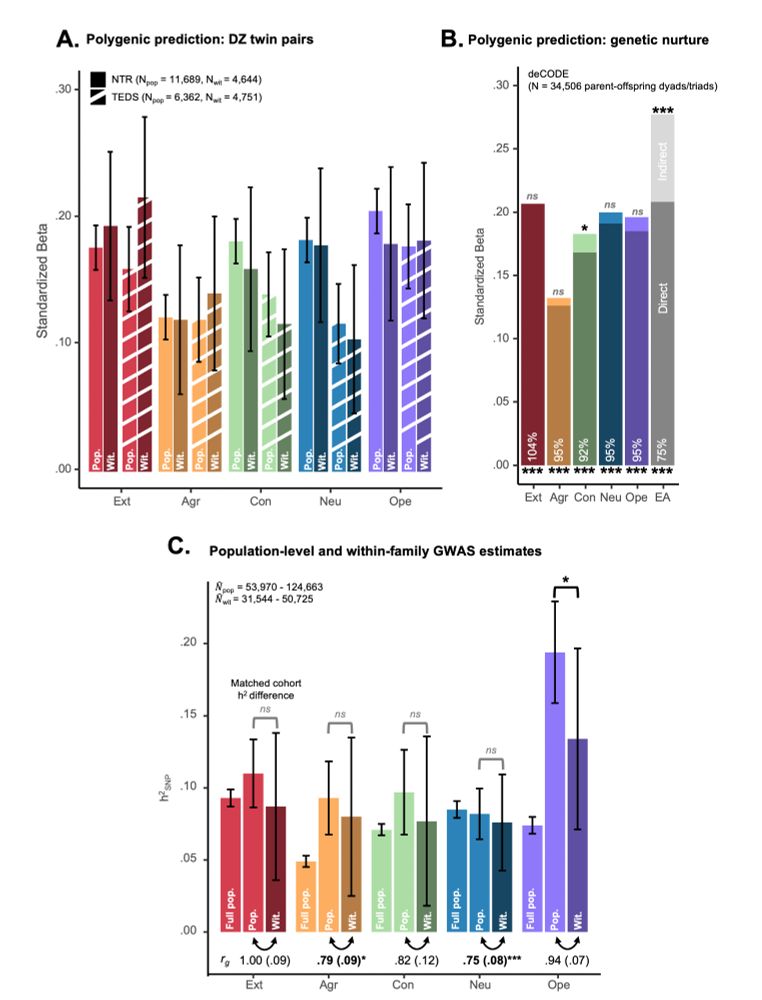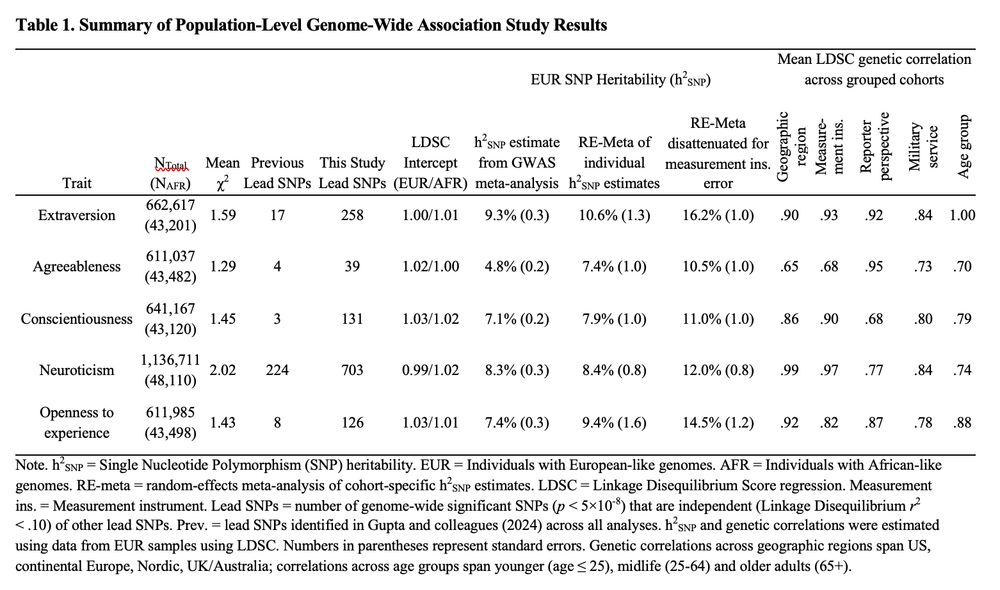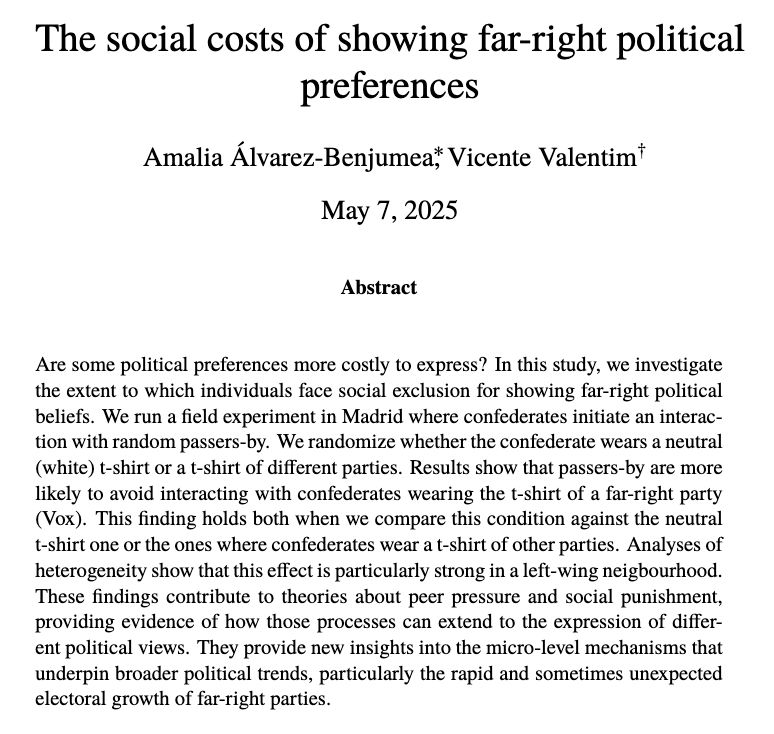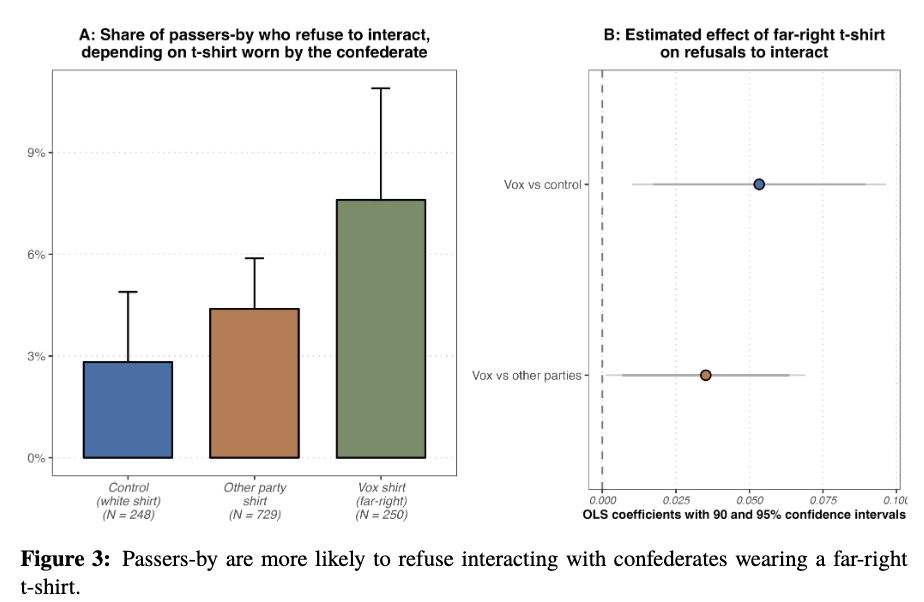Paul Meiners
@pmeiners.bsky.social
780 followers
580 following
44 posts
Postdoctoral Researcher @ The Norwegian University of Science and Technology;
International Organizations, the EU & Political Psychology
https://pmeiners.github.io/
Posts
Media
Videos
Starter Packs
Reposted by Paul Meiners
Reposted by Paul Meiners
Reposted by Paul Meiners
Jake Grumbach
@jakemgrumbach.bsky.social
· Aug 25
G Elliott Morris
@gelliottmorris.com
· Aug 25
Paul Meiners
@pmeiners.bsky.social
· Aug 22
Reposted by Paul Meiners
Reposted by Paul Meiners
Reposted by Paul Meiners
Paul Meiners
@pmeiners.bsky.social
· Jul 25
Anna-Sophie Heinze
@asheinze.bsky.social
· Jul 25

Der Weg ins Kanzleramt? Wie die AfD-Strategie funktioniert
Vor Kurzem wurde eine Strategie der AfD öffentlich, wie sie ins Kanzleramt kommen will - nämlich mit Kulturkampf und Spaltung. Das Auftreten der Partei zeigt: Sie hält sich auch dran. Von Benjamin Gro...
www.tagesschau.de
Paul Meiners
@pmeiners.bsky.social
· Jul 17
Reposted by Paul Meiners
Reposted by Paul Meiners
Reposted by Paul Meiners
Curd Knüpfer
@curdknupfer.bsky.social
· Jul 14
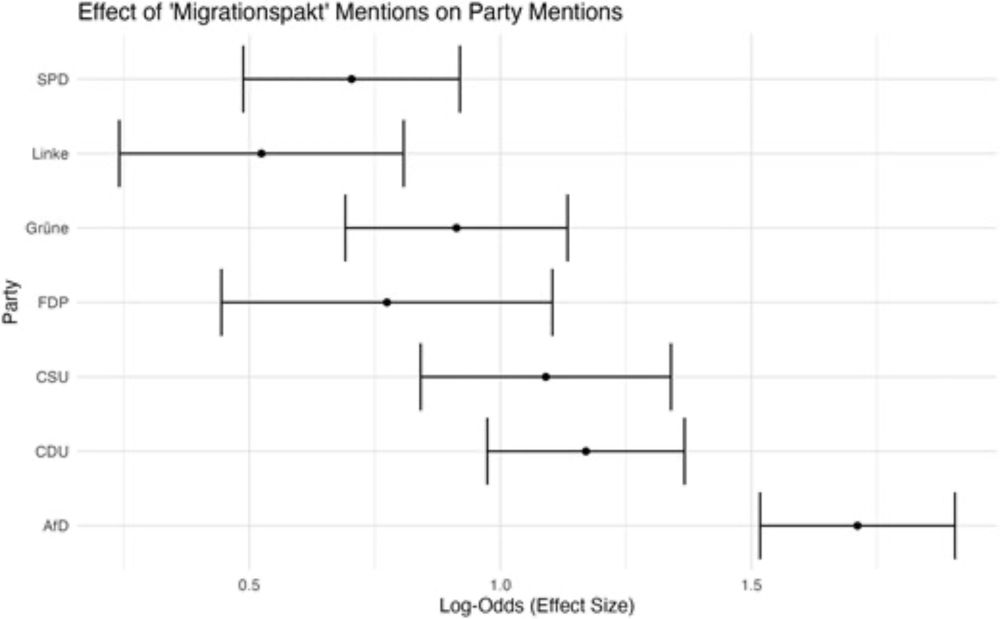
Far-right challenges to liberal democratic press norms: “indexing by proxy” in a German immigration debate
Abstract. This study examines the mechanisms by which illiberal politics make the news by disrupting democratic systems. During the late 20th century, a li
academic.oup.com
Reposted by Paul Meiners
Reposted by Paul Meiners
Reposted by Paul Meiners
Reposted by Paul Meiners
Reposted by Paul Meiners
Reposted by Paul Meiners
Reposted by Paul Meiners
Reposted by Paul Meiners
Reposted by Paul Meiners








